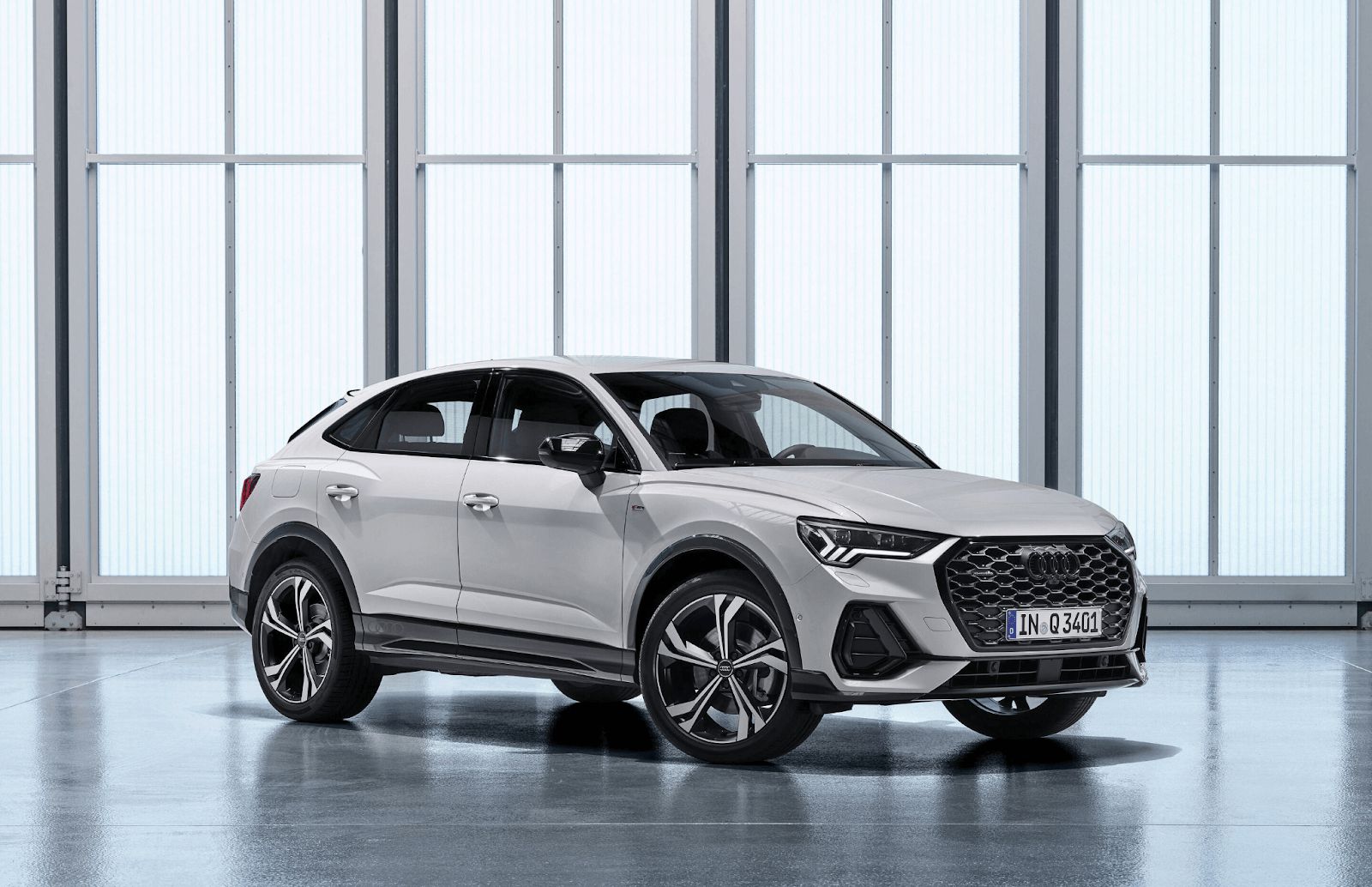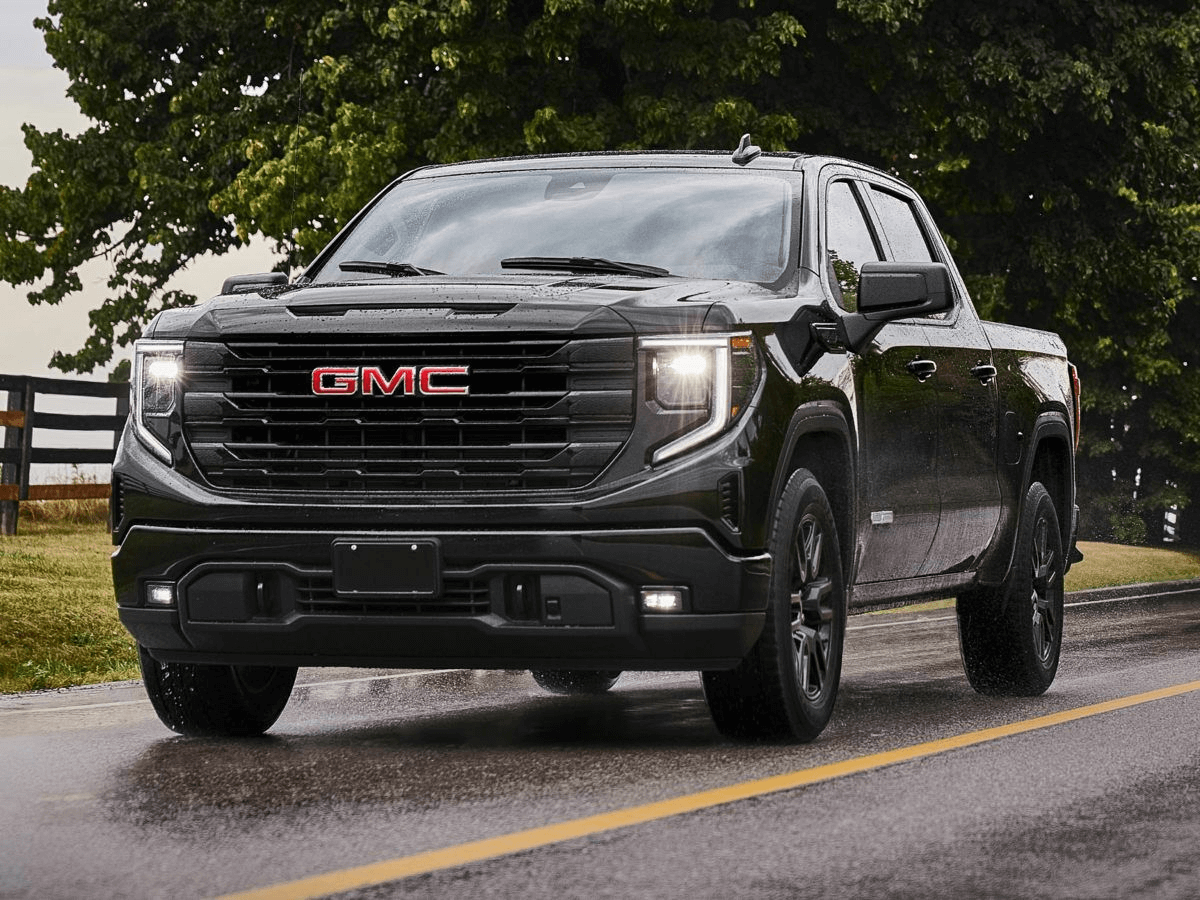

Roman Danaev
If you're a young driver or a student, considering how to buy your first car is an exciting but important decision. Absolutely, financing your first car can be a smart choice, especially for new drivers and students. It offers an affordable way to own your dream vehicle without emptying your bank account. This approach lets you make manageable monthly payments, making car ownership accessible. Let's delve into the details to see how car finance can work in your favor. In this guide, we'll explore the world of car finance, helping you understand whether it's the right choice for you. Let's dive in!
What is car finance?
Car finance is a way to spread the cost of a vehicle over time, making it more manageable for you to own your first car. Instead of paying the full cost upfront, you can make monthly payments, which is especially helpful for young drivers and students with limited funds. Understanding the different options for your first car finance available is crucial before you make a decision.
Is it cheaper to finance a car than buy outright?
Sometimes, paying a bit each month through financing feels easier on your wallet at the beginning because you don't have to pay a lot upfront. However, keep in mind that you'll also need to pay extra money called "interest" on top of the car's price. This can make the total cost higher in the end than if you paid for the car right away. But here's something interesting to think about: if you take the money you would have used to buy your first car on finance or outright and put it in a special place where it can grow, like a savings account or an investment, it might grow bigger over time or use it some other way. This could help you make even more money than what you'd pay in interest if you financed the car.
Is it hard to get car finance for the first time?
Acquiring car finance for the first time can be challenging due to lenders prioritizing your credit history and financial stability. Having a steady income boosts your prospects, demonstrating your ability to manage payments. A decent credit score also enhances approval chances and loan terms. However, limited credit history might pose hurdles. To navigate this, research various lenders, some specializing in first-time car finance. Understand loan terms thoroughly to make informed decisions. Though you lack an established credit history, responsible financial management and timely payments can gradually build your credit score, easing future car finance endeavors.
Pros and cons of financing the first car
Advantages of car finance
When it comes to financing your first car, there are several advantages that can make it an attractive option for young drivers and students.
Low initial costs
One of the standout benefits of car financing is the low initial costs it offers to new drivers. Instead of needing a lump sum of money upfront, you can make a smaller down payment followed by manageable monthly payments. This makes it much more achievable for students and young drivers to get their hands on their dream cars without the financial strain.
Opportunity for better cars
Financing opens the door to a wider range of used cars, than you might be able to afford if you were buying outright. You could be driving a high-quality vehicle with modern features and a high-quality interior – something that can be a real confidence booster for new drivers.
Establishing good credit history
Getting your first car on finance is an opportunity to establish a good credit history early on. Consistently making your monthly payments on time can positively impact your credit rating, setting you up for future financial endeavors.
Hold onto your savings
Instead of depleting your savings to purchase a car outright, financing allows you to keep your money in the bank for emergencies or other important life expenses.
Disadvantages of car financing
While financing offers many benefits, it's important to consider the potential downsides.
Long-term financial commitment
It's essential to realize that financing a car is a long-term commitment. You'll be making regular payments for the duration of the car finance agreement, which could span several years. This is something to keep in mind, especially if your circumstances change.
Total cost of financing
While the initial costs might be lower, it's important to understand the total cost of financing over the entire term. Interest payments can add up, increasing the overall amount you'll pay for the car.
Interest payments add up
Interest payments are a part of any financing agreement. It's worth considering how much these payments will amount to over time and assessing whether the overall cost is worth it for you.
Types of car financing options
Hire Purchase (HP) car finance
Hire Purchase, often known as HP, is a popular option for financing your first car. With HP, you'll make fixed monthly payments over an agreed period. At the end of the HP finance agreement, the car becomes yours. HP can be particularly suitable for students and young drivers who want to own their vehicle eventually.
Let's say you're a student looking to finance your first car, a sleek Ford Fiesta with a price tag of £12,000. You've decided on a Hire Purchase (HP) agreement over a 3-year term. Here's how it works:
Down Payment: You might be required to make a down payment, let's say £2,000.
Monthly Payments: Your remaining balance of £10,000 will be divided into 36 equal monthly payments (3 years). This means you'll be paying around £277 per month.
Ownership: As you make your payments, you're gradually paying off the car's total cost. At the end of the 3-year term, once you've completed all payments, the car becomes fully yours. You'll have successfully financed your first car!
Personal Contract Purchase (PCP) car finance
Personal Contract Purchase, or PCP, offers flexibility at the end of the agreement. You'll make monthly payments like with HP, but at the end of the term, you have the option to either return the car or make a final "balloon payment" to own it. PCP can be appealing to young drivers who might not be certain about their long-term plans.
Imagine you're a young driver fresh out of college, excited about your first car, but unsure about your long-term plans. You're considering a Personal Contract Purchase (PCP) agreement for a shiny Volkswagen Golf, priced at £15,000. Here's how PCP can work for you:
Monthly Payments: You start with a small deposit, let's say £1,500, and then make monthly payments on the remaining value of the car. This could be around £220 per month over a 4-year term.
At the end of the 4-year term, you have two choices:
Option 1 - Return the Car: If you decide you want something different or your circumstances change, you can return the car to the dealership. You'll have no further obligations as long as you've stayed within agreed mileage limits and kept the car in good condition.
Option 2 - Make a Balloon Payment: If you've fallen in love with the car and want to keep it, you can make a final "balloon payment." Let's say this payment is £6,000. Once paid, the car is officially yours to keep.
Personal Loans
A personal loan is another option for financing your first car. This involves borrowing a sum of money from a lender and using it to purchase the car outright. You'll then repay the loan in monthly installments. Personal loans can provide the freedom to buy your first car on finance or from any seller and can be an excellent option for those with a good credit score.
Leasing Options
Leasing is like a long-term rental agreement. You'll make monthly payments to use the car, but you won't own it at the end of the term. Leasing can be attractive if you want to drive a newer car without worrying about maintenance costs, making it a great option for young drivers looking for flexibility.
What you should consider before taking your first car finance?
Evaluating your budget on monthly payment
Before jumping into any financing agreement, it's crucial to evaluate your budget. Consider your regular income, monthly expenses, and how much you can comfortably afford to pay towards a car. This step ensures you don't overcommit and can keep up with the payments.
Credit rating
Thinking about getting your first car on finance? Your credit rating is vital. A good score means better loan terms and lower rates. Check your credit report for accuracy and fix mistakes. If your score is low, try improving it before applying. A good credit rating can save you money and make car finance smoother.
Determining affordability
Understanding how much you can afford goes beyond just the car payments. You'll also need to account for running costs such as fuel, insurance premiums, road tax, and maintenance. Make sure you're factoring in the full cost of ownership when assessing your new car's affordability.
Understanding interest rates
Interest rates play a significant role in car finance. A higher interest rate can lead to higher monthly payments and an overall more expensive car. It's essential to understand how interest rates work and how they affect the total cost of financing.
Impact on other financial goals
Consider how financing your first car aligns with your broader financial goals. Will it impact your ability to save for other important goals, such as further education or travel? Understanding the bigger picture will help you make a well-informed decision.
Applying for first car financing with Carplus
Applying for car financing might sound daunting, but it's a straightforward process.
1. Get a quote
Start by getting a quote from a reputable lender with Carplus. This will give you an idea of the monthly payments and the overall cost of the car you're interested in.
2. Get approved
Once you're happy with the quote, it's time to get approved. Lenders will assess your financial situation and credit report and history to determine whether you're eligible for financing.
3. Choose a car
With approval in hand, you can choose the perfect car for you. Whether it's a reliable Ford Fiesta or another model that catches your eye, you'll have the flexibility to find the vehicle that suits your needs.
4. Complete all checks
Before finalizing the deal, make sure you complete all the necessary checks. Inspect the car thoroughly, review the terms of the financing agreement, and ensure everything is in order.
5. Enjoy your new car!
Once everything is sorted, it's time to enjoy your new wheels! You'll be driving confidently in your perfect first car, thanks to a financing option that suits your circumstances.
Final words: Is finance a good option for a first car?
In the end, the decision to apply for car finance to get your first car or explore alternative payment options really depends on your individual circumstances and goals. Financing can provide an accessible way to own a car, especially for new drivers and students. But always remember to evaluate your budget, consider the long-term implications, and choose the path that aligns best with your aspirations. Happy driving!
Contents
- What is car finance?
- Is it cheaper to finance a car than buy outright?
- Is it hard to get car finance for the first time?
- Pros and cons of financing the first car
- Types of car financing options
- What you should consider before taking your first car finance?
- Applying for first car financing with Carplus
- Final words: Is finance a good option for a first car?
Latest News
| Total charge of credit | £3,731.35 |
|---|---|
| Total amount payable | £15,731.35 |





